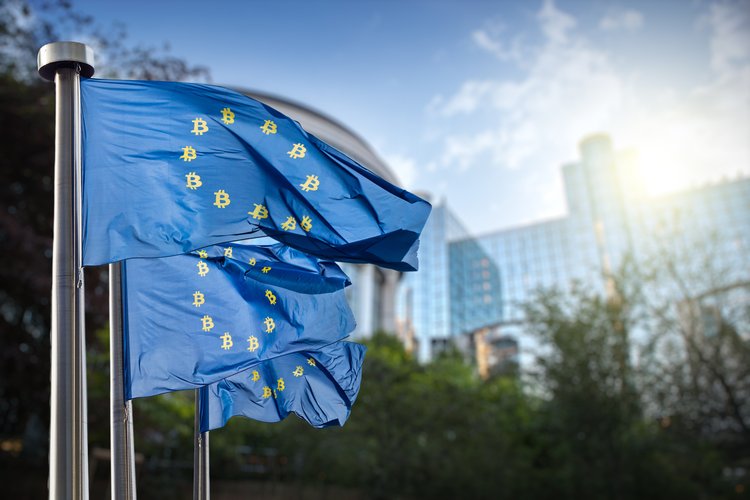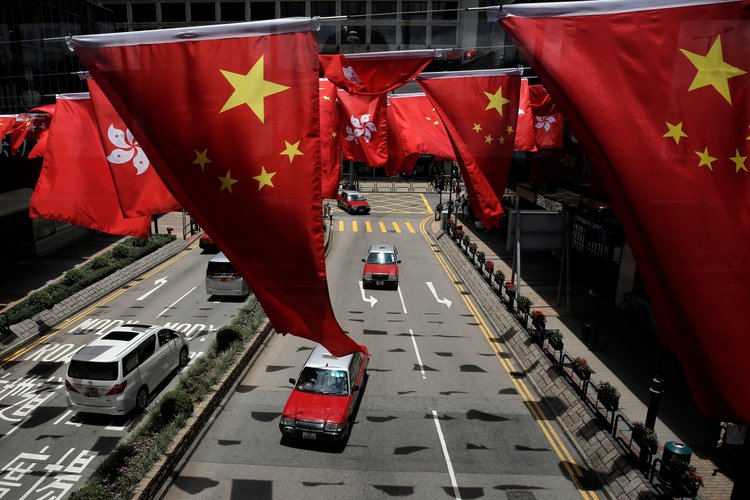The rise of ICOs has forced countries to take virtual currencies more seriously then before and decide how they are going to treat them. Some of them have already started to set rules for crypto world, while others don’t have coherent strategy for dealing with virtual currencies. The G20 failed to reach consensus on cryptocurrency market regulation at the recent summit in Buenos Aires. Policymakers from the world’s top 20 economies agreed to keep a watchful eye on cryptocurrencies, but postponed any action at least until G20’s next gathering in July.
On April 19, 2018 Members of the European Parliament approved new anti-money laundering measures, which envisage closer control on virtual currencies. The new rules address risks linked to prepaid cards and virtual currencies and require customer verification for cryptocurrency owners.
Cryptocurrenies are often said to be used for money laundering and financing terrorism. Besides, the decentralized nature of digital assets makes it impossible to control them and eliminates the need for intermediaries, such as banks.
Bitcoin is still illegal in Afghanistan, Algeria, Bangladesh, Bolivia, Ecuador, Morocco, Pakistan, Qatar, the Former Yugoslav Republic of Macedonia, Vanuatu and Vietnam. We have picked out three countries with different approaches on this issue.
Venezuela
Venezuela, despite the smaller size of its economy and not so significant portion of cryptocurrency investments, has quite an interesting regulatory stance on cryptocurrencies. Lately its government has announced that Petro, an oil-backed cryptocurrency, must become legal tender for all transactions involving government institutions, from ministries to airports.
According to Bloomberg, with the Petro, Venezuela is seeking to take advantage of global enthusiasm for blockchain-based assets and help lift its economy out of one of the world’s deepest recessions amid a crippling shortage of hard currency. The International Monetary Fund forecasts inflation will hit 13,000% by year-end, while the economy is set to contract 15%.
The government will be the sole regulator of all crypto assets, and the newly created national Cryptocurrency Treasury will be in charge of overseeing everything from their emission to trading.
A national virtual miner registry was opened and “Petro zones” where the coins will be accepted were created in popular tourist destinations along the country’s western border.
EU
European Union has recently set closer regulation for virtual currencies, like Bitcoin, to prevent them being used for money laundering and financing of terrorism.According to the new anti-money laundering measures, cryptocurrency traders will have to disclose their identities, ending the anonymity that allegedly has made these currencies attractive for drug dealing and other illegal activities.
These platforms and providers will also have to be registered, as will currency exchanges and cheque cashing offices, and trust or company services providers. The directive will enter into force three days after its publication in the Official Journal of the European Union. Member states will then have 18 months to transpose the new rules into national law.“In a bid to end the anonymity associated with virtual currencies, virtual currency exchange platforms and custodian wallet providers will, like banks, have to apply customer due diligence controls, including customer verification requirements,” the European Parliament said.
In the UK, the Financial Control Authority (FCA) issued a statement last month, requiring firms offering cryptocurrency derivatives to be authorized.
Meanwhile, CryptoUK, a self-regulated trade group dedicated to the cryptocurrency industry, has requested regulatory oversight for the digital currency market in the region. The group has offered detailed proposals and is calling on MPs to place the digital currencies under the jurisdiction of the FCA.
The United Kingdom and the EU remain united in their plans to regulate cryptocurrencies despite the Brexit.
China
China appears to be the strictest regulator of the cryptocurrency market as for now. А significant share in cryptomining didn’t stop the country to clamp down on everything regarding cryptocurrency.
Starting off by banning ICOs, China ordered a bank account freeze associated with exchanges, kicked out Bitcoin miners, and instituted a nationwide ban on internet and mobile access to all things related to cryptocurrency trading.
China’s central bank, the People’s Bank of China, proclaimed initial coin offerings (ICOs) illegal and demanded all related fundraising activity to be halted immediately. Chinese Bitcoin exchanges were ordered to stop all trading from September 30, 2017, which also affected the Bitcoin’s price.
China’s officials believe that criminals can “easily” set up their own trading venues and declare themselves agents, allowing them to invest in foreign entities and raise money through initial coin offerings, thus forcing practically all ICO projects to turn their steps to Hong Kong, where blockchain-based fundraising is still legal.
Governments may like or dislike virtual currencies, accept them or ban them, but crypto technologies and their further development cannot be ignored.
By Anton Lysenkov




